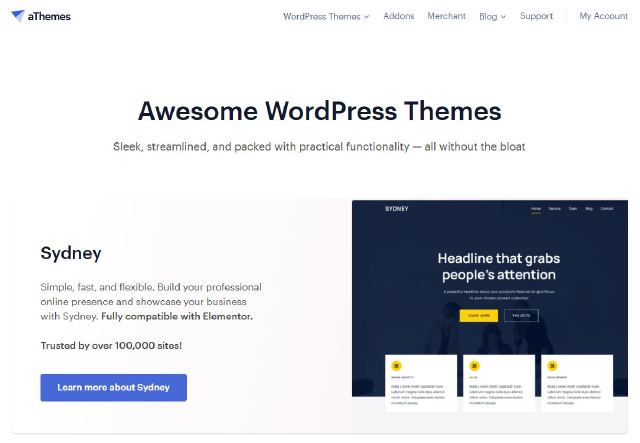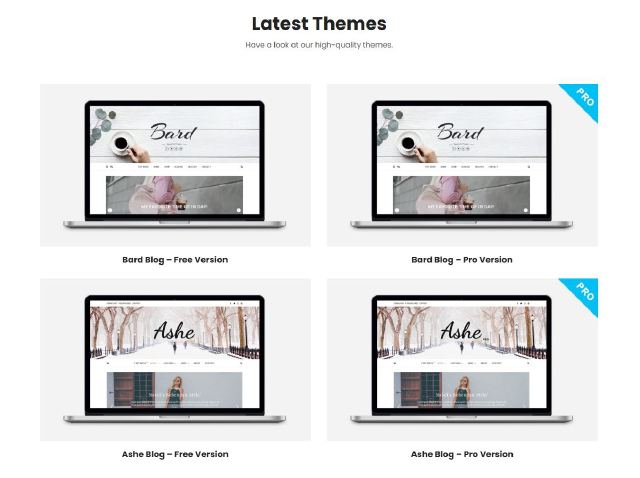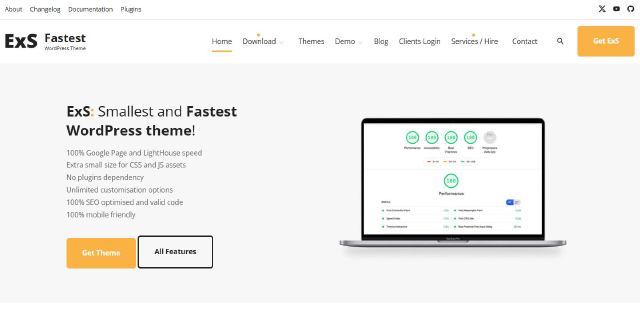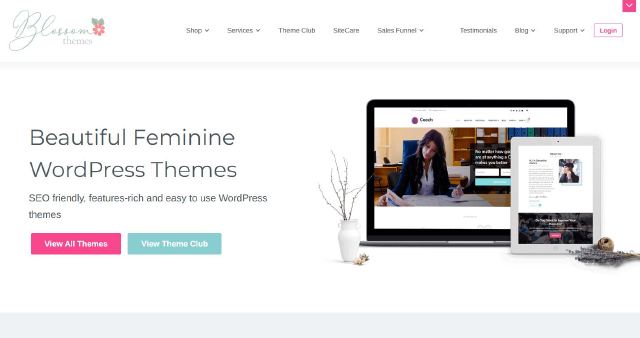WordPress is a free and open-source content management system (CMS) that enables individuals and businesses to create and manage websites effortlessly.
Built using PHP and MySQL, WordPress is available under the GNU GPL license.
With an active and thriving community of developers and users, WordPress is continuously updated and improved.
Currently, WordPress powers over 30% of the top 10 million websites globally.
There are more than 60 million websites running WordPress, making it the most popular website-building platform. WordPress was founded in 2003 by Matt Mullenweg and has since become a dominant force in the web development space.
WordPress Explained in Simple Terms
In simple terms, WordPress is the leading software used to create, publish, and manage website and blog content.
It’s an easy-to-use platform that allows users of all technical backgrounds to build and maintain professional websites with minimal effort.
Whether you’re a blogger, business owner, or developer, WordPress provides the tools to design and launch a website quickly.
WordPress Logo
The official WordPress logo:

You can find more about the WordPress logo and download it from the official WordPress website.
Benefits of Using WordPress
WordPress stands out for several reasons, which is why it is so widely used:
1. Free and Open Source
WordPress is open-source software, meaning anyone can download, use, and modify it without paying licensing fees.
2. Easy to Use
WordPress doesn’t require any coding skills. Its user-friendly interface allows you to create and manage content easily.
3. Thousands of Themes and Plugins
WordPress offers a huge selection of both free and paid themes and plugins. These tools help you customize the appearance and functionality of your site.
4. Regular Updates
WordPress is frequently updated to include new features, security patches, and bug fixes, ensuring your site stays up-to-date.
5. Multilingual Support
With the help of the WPML plugin, you can create multilingual websites, reaching a global audience.
6. Large Community Support
One of WordPress’s greatest strengths is its vast community. From forums to social media, you’ll find support, advice, and tutorials on almost any WordPress-related issue.
7. Reliable Hosting Options
There are many reliable hosting providers for WordPress websites, such as Bluehost, SiteGround, and many others. These services ensure your site runs smoothly and reliably.
Official Websites of WordPress
Here are the official websites you should know about:
- WordPress.org: The main website offering WordPress software, themes, and plugins.
- WordPress Foundation: A non-profit organization that supports the WordPress project.
WordPress is a powerful and versatile CMS that has revolutionized the way websites are built and managed.
Its accessibility, flexibility, and vast community make it an excellent choice for anyone looking to create a website, from beginners to experienced developers.
Whether you’re running a personal blog or a business website, WordPress can meet your needs and grow with you.
Where and How to Learn WordPress
If you’re new to WordPress or looking to improve your skills, there are plenty of resources available to help you get started. From free tutorials to paid courses, you can learn at your own pace and enhance your WordPress knowledge.
1. Official WordPress Documentation
One of the best places to start learning is the official WordPress documentation. It offers comprehensive guides on everything from installation to customization and advanced features. The WordPress Codex is an invaluable resource for beginners and advanced users alike.
2. WordPress Courses and Tutorials
There are many online platforms offering courses dedicated to WordPress. Some of the best options include:
Udemy: Udemy offers a wide range of WordPress courses, from beginner to advanced levels. The courses cover everything from website setup to theme customization and security management. Many courses are affordable, and there are even some free options available.
LinkedIn Learning: Formerly known as Lynda.com, LinkedIn Learning has a variety of professional WordPress courses. The tutorials are structured and taught by experts, providing detailed insights into WordPress website management.
Coursera: Coursera partners with universities and organizations to provide professional development courses. There are several WordPress-related courses, and some are part of a larger web development curriculum.
3. YouTube Tutorials
If you prefer video-based learning, YouTube is a goldmine of free WordPress tutorials. Many WordPress professionals and bloggers share helpful step-by-step guides for beginners. Some well-known YouTube channels include:
- WPBeginner: One of the largest WordPress tutorials channels, WPBeginner covers a variety of topics such as theme setup, plugin reviews, and SEO strategies.
- WPCasts: This channel provides in-depth videos for developers looking to learn about theme development, plugin creation, and customizations.
4. WordPress Meetups and Forums
Joining WordPress meetups and participating in the WordPress community can be another great way to learn. You can find local WordPress meetups or virtual ones through sites like Meetup.com or on WordPress’s official website.
Additionally, WordPress forums are a great place to ask questions, share experiences, and learn from others. The official WordPress Support Forums are where users come together to solve problems and discuss new features.
5. Online WordPress Communities and Blogs
WordPress has a thriving online community, and reading blogs and forums can be incredibly helpful for learning tips and tricks. Some great resources include:
- WPBeginner: A go-to site for WordPress tutorials, tips, and news.
- WPExplorer: Offers tutorials, theme reviews, and plugin recommendations.
- Torque Magazine: A great resource for WordPress-related news and insights into the latest trends and technologies.
6. Practice by Building Your Own Website
The best way to learn WordPress is by using it. You can set up a free site using WordPress.com or install WordPress locally on your computer using a program like Local by Flywheel. Building your own website allows you to apply what you learn and experiment with different features and functionalities.
Conclusion
Learning WordPress is not just about watching tutorials or reading blogs. It’s about practicing and experimenting with the platform.
The more you engage with WordPress, the more proficient you’ll become.
With countless free and paid resources, the tools and guidance you need to succeed are readily available.
Whether you’re building a personal blog or a professional website, WordPress offers the flexibility and support you need to create a website that meets your needs.
Start with the basics, dive deeper into advanced features, and don’t forget to join the WordPress community along the way. Happy learning!




